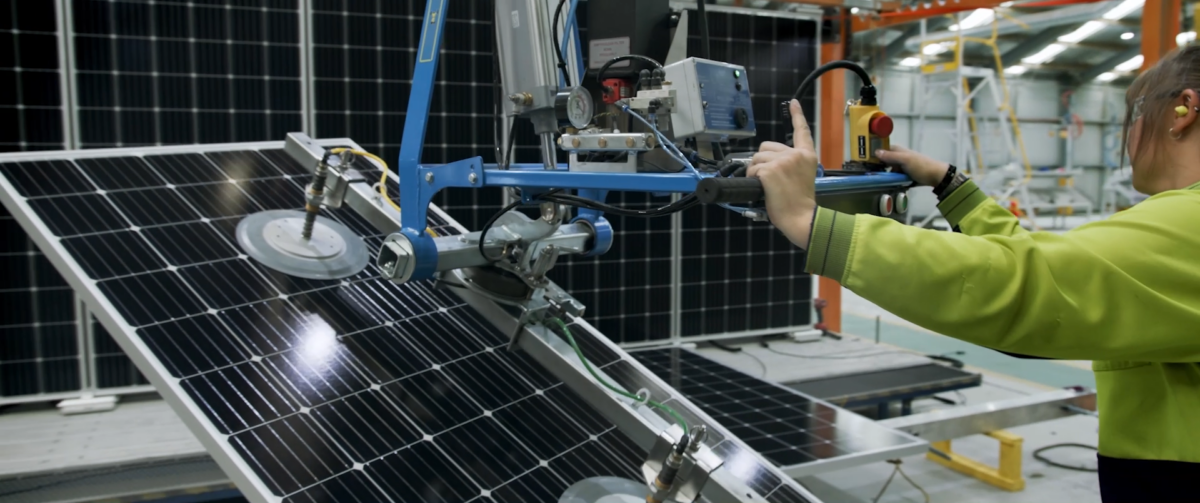Australian Energy Minister Chris Bowen said the $50 million (USD 33.6 million) initiative will facilitate the development of new supply chains associated with critical clean energy technologies and the diversification of existing ones in the Indo-Pacific.
The focus will be on the production of clean energy technologies including solar panels, battery energy storage systems, and electrolysers used for producing hydrogen.
Bowen said Australia’s contribution will support an initial round of studies to accelerate the development of investment-ready projects, which could include products and activities like solar ingots, wafer production and battery cell component manufacturing.
The investment comes after Australia and it Quad nation partners India, Japan and the United States earlier this year agreed on a partnership to strengthen security and shore up clean energy supply chains in the Indo-Pacific.
The Quad nations said the agreement would provide the basis for a diverse, secure, transparent and resilient clean energy supply chain in the region.
Bowen said secure and diversified clean energy supply chains are an integral part of achieving the Indo-Pacific’s collective energy security, emissions reduction goals and transition to a net zero future.
“Diversifying and expanding supply chains is important to achieve Australia’s and our partners’ net zero targets,” he said.
Bowen said the initiative will be developed in close consultation with Indo-Pacific countries, to ensure it complements domestic efforts and delivers tangible outcomes.
This content is protected by copyright and may not be reused. If you want to cooperate with us and would like to reuse some of our content, please contact: editors@pv-magazine.com.









By submitting this form you agree to pv magazine using your data for the purposes of publishing your comment.
Your personal data will only be disclosed or otherwise transmitted to third parties for the purposes of spam filtering or if this is necessary for technical maintenance of the website. Any other transfer to third parties will not take place unless this is justified on the basis of applicable data protection regulations or if pv magazine is legally obliged to do so.
You may revoke this consent at any time with effect for the future, in which case your personal data will be deleted immediately. Otherwise, your data will be deleted if pv magazine has processed your request or the purpose of data storage is fulfilled.
Further information on data privacy can be found in our Data Protection Policy.